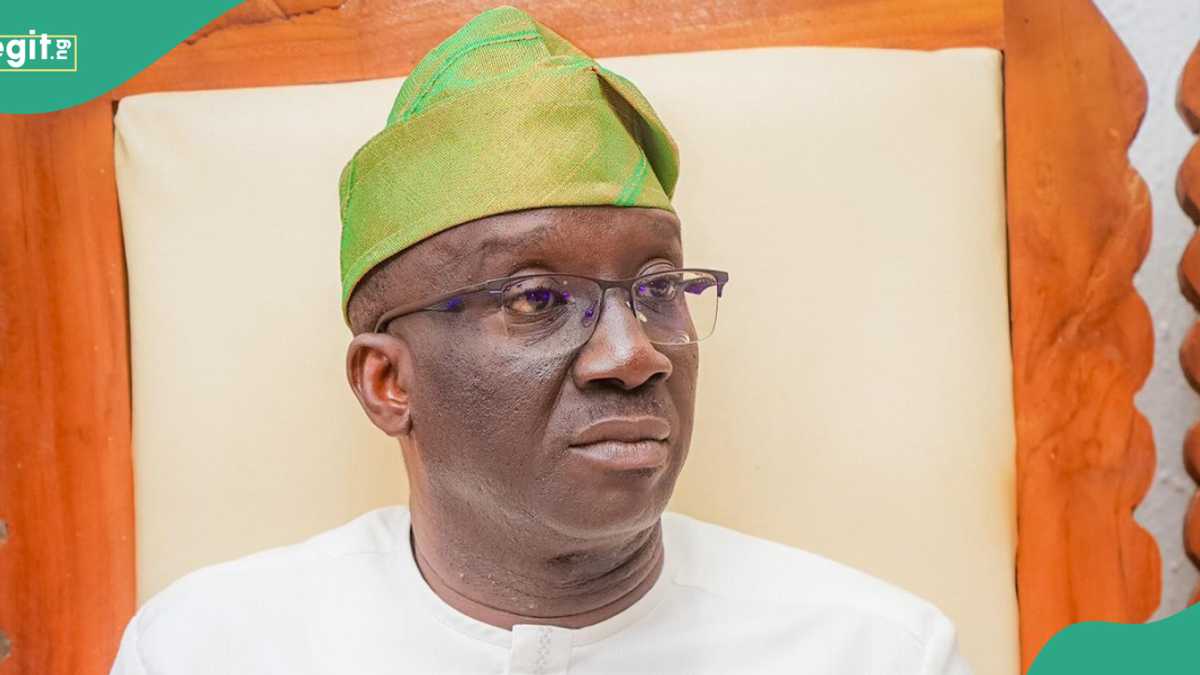In recent years, the world has witnessed unprecedented climate events, where scorching temperatures have become more frequent, disrupting ecosystems and economies alike. This global phenomenon isn’t just an environmental issue – it’s a catalyst for profound economic challenges, particularly in developing nations like Nigeria. As temperatures soar, the economic repercussions ripple across various sectors, amplifying existing vulnerabilities and demanding urgent, strategic responses.
In Nigeria, these climatic shifts are not abstract; they affect everyday life and livelihoods. Farmers in the northern regions grapple with erratic rainfall, while coastal communities face rising sea levels that threaten homes and businesses. Such challenges exacerbate food insecurity and economic instability, compounding the nation’s existing socioeconomic burdens. As the country navigates these complex dynamics, robust strategies are essential to mitigate the adverse effects of climate change on agriculture, energy production, and overall economic resilience.
The Economic Toll Of Rising Temperatures
Globally, there is growing evidence that heatwaves dampen economic output, causing significant GDP losses. For instance, projections for the US economy indicate that rising temperatures could reduce economic growth by up to one-third over the next century. The assumption that the economic damage from global warming is confined to the agriculture sector is no longer tenable. Climate change poses significant risks to the macroeconomy and financial systems, affecting individual and household incomes, various sectors of the economy, energy markets, inflation variability, financial markets, innovation, and public debt.
In Nigeria, where the economy is heavily dependent on agriculture and oil, the impacts of climate change are already being felt. Agriculture, which employs a significant portion of the population, is highly vulnerable to changes in temperature and precipitation patterns. Prolonged droughts, erratic rainfall, and increased frequency of extreme weather events disrupt farming cycles, reduce crop yields, and threaten food security. Similarly, the oil sector, a critical revenue source for the country, faces risks from climate-related disruptions in production and global shifts towards cleaner energy sources.
The Need for Decarbonisation
As global temperatures continue to rise, Nigeria faces a pivotal moment in its economic trajectory. Decarbonisation, once seen as optional, is now imperative. This shift towards a low-carbon economy is not just about environmental stewardship; it’s about safeguarding economic resilience and future prosperity.
Navigating this transition poses significant challenges. Balancing the reduction of carbon-intensive activities with maintaining productivity and economic growth demands careful planning and policy innovation. Tools like taxes, subsidies, and regulations will play crucial roles in incentivising green practices while managing the costs of abatement.
However, the road to a net-zero economy is fraught with complexities. Structural transformations necessary for decarbonisation will reshape monetary policy landscapes, complicating the Central Bank’s efforts to stabilise inflation and economic output amidst climate-induced shocks. Inflation, already a persistent concern, could escalate due to the relative price adjustments brought about by these changes.
For Nigeria, a country grappling with both economic volatility and climate vulnerability, strategic foresight is essential. The Central Bank of Nigeria must adopt adaptive strategies and robust analytical frameworks to effectively manage the uncertainties posed by climate change. This entails not only mitigating immediate risks but also fostering long-term sustainability across sectors.
Embracing a low-carbon future isn’t just a necessity; it’s an opportunity for Nigeria to lead in sustainable development. By integrating climate considerations into economic policies and enhancing resilience against environmental shocks, Nigeria can pave the way towards a prosperous, green economy that benefits all its citizens.
Policy Responses and Structural Adjustments
To effectively respond to the economic challenges posed by climate change, Nigeria must adopt a multifaceted policy approach. One of the key responses involves investing in climate-resilient infrastructure. Upgrading infrastructure to withstand extreme weather events is crucial for reducing vulnerability and enhancing economic stability. This includes improving water management systems to combat droughts and floods, building resilient roads and bridges to ensure connectivity, and enhancing the capacity of health systems to address climate-induced health issues.
Diversification of the economy is another critical strategy. Nigeria’s heavy reliance on agriculture and oil makes it particularly susceptible to climate-induced disruptions. Promoting the growth of sectors like technology, renewable energy, and manufacturing can provide alternative revenue streams and employment opportunities, reducing economic dependence on climate-vulnerable sectors. Encouraging innovation and entrepreneurship in these areas can drive economic transformation and sustainability.
Enhancing agricultural practices is essential for mitigating the impact of climate change on food security.
Adopting climate-smart agricultural practices, such as using drought-resistant crop varieties, improving irrigation systems, and implementing sustainable land management techniques, can help maintain crop yields despite changing weather patterns. Supporting smallholder farmers with training and resources to adopt these practices will be crucial in ensuring widespread resilience in the agricultural sector.
Strengthening social safety nets is vital for protecting vulnerable populations from the economic fallout of climate change. Providing support through cash transfers, food aid, and other social protection measures can help cushion the economic blow for those most affected by climate-induced shocks. By preventing poverty levels from rising, these safety nets contribute to social stability and economic resilience.
Promoting green finance is another important policy response. Encouraging investment in green projects through incentives and regulatory frameworks can drive the transition to a low-carbon economy. This includes supporting renewable energy projects, energy efficiency initiatives, and sustainable agriculture practices. By aligning financial systems with sustainability goals, Nigeria can attract both domestic and international investments in green sectors, fostering economic growth while reducing environmental impact.
Collectively, these policy responses and structural adjustments will help Nigeria navigate the economic challenges posed by climate change. By investing in resilience, diversifying the economy, enhancing agricultural practices, strengthening social safety nets, and promoting green finance, Nigeria can build a more sustainable and resilient economic future.
The Role Of International Cooperation
Climate change is a global challenge that requires coordinated international efforts. For Nigeria, engaging in international climate agreements and leveraging global financial resources for climate action is critical. Accessing funds from international climate finance mechanisms, such as the Green Climate Fund, can provide the necessary resources to implement climate adaptation and mitigation projects.
Furthermore, knowledge exchange and technical assistance from developed countries can help Nigeria build the capacity to tackle climate-related challenges. Collaborating on research and innovation can also drive the development of locally appropriate technologies and solutions.
The Way Forward
Nigeria stands at a crossroads as it confronts the economic fallout of climate change. The path forward requires bold and decisive action to mitigate risks and build a resilient economy. Policymakers must prioritise climate action in economic planning, recognising that the costs of inaction far outweigh the investments needed for adaptation and mitigation.
Building a climate-resilient economy is not just about protecting the environment; it is about ensuring sustainable economic growth and improving the quality of life for all Nigerians. By investing in climate-resilient infrastructure, diversifying the economy, and enhancing social safety nets, Nigeria can turn the challenges of climate change into opportunities for sustainable development.
As Nigeria navigates the complexities of a changing climate, it must embrace a holistic approach that integrates climate considerations into all aspects of economic policy. The future of Nigeria’s economy depends on its ability to adapt to and mitigate the impacts of climate change, ensuring a prosperous and sustainable future for generations to come.

 3 months ago
31
3 months ago
31















 English (US) ·
English (US) ·